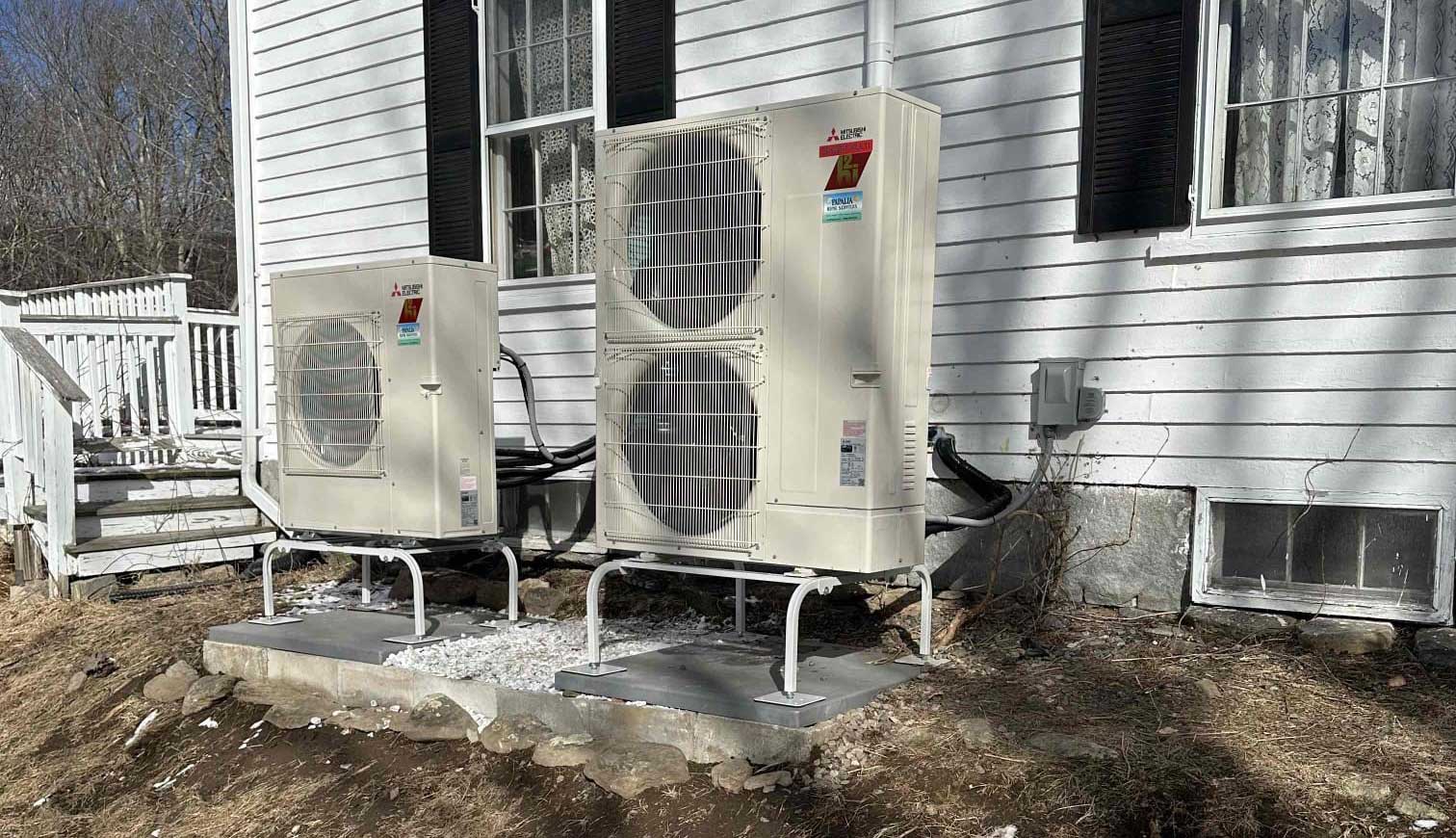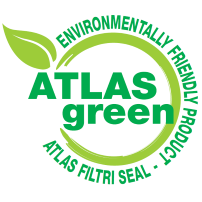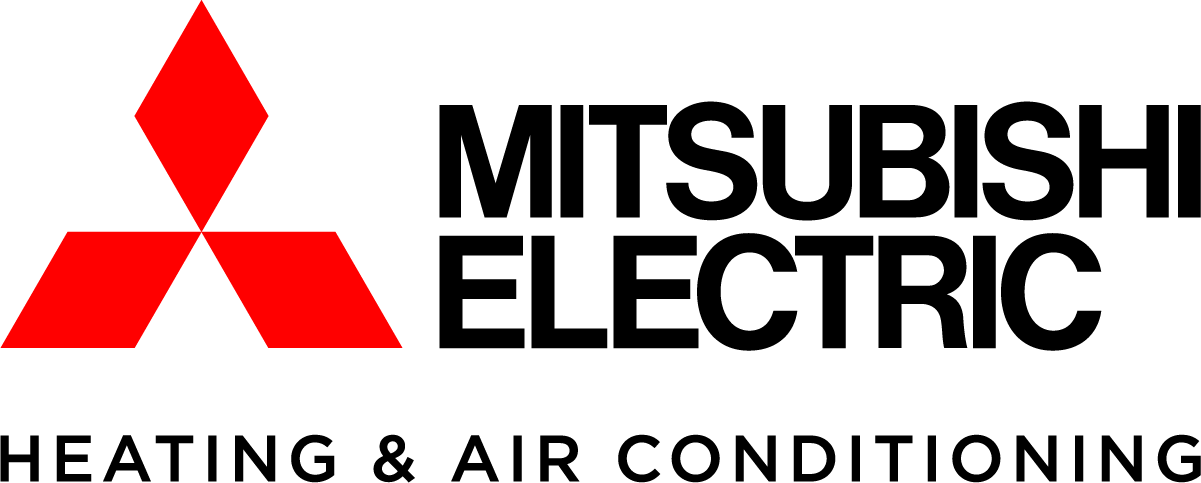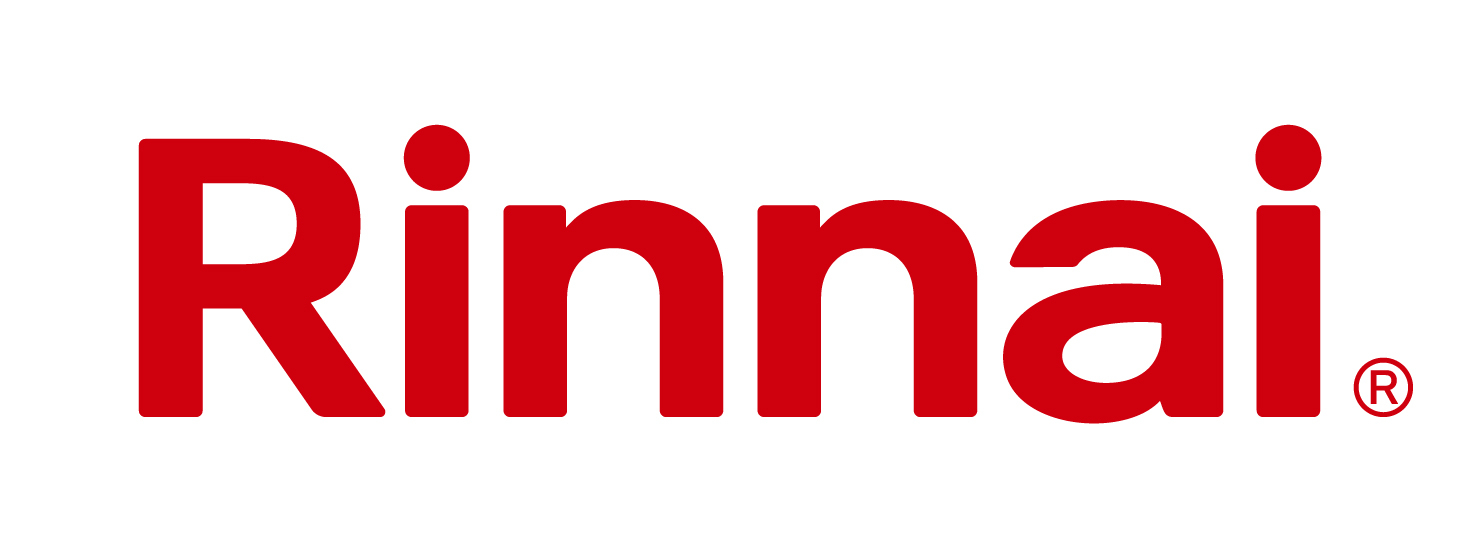As winter’s icy grip tightens its hold on northerly climates, residents often find themselves caught in a dilemma between staying warm and keeping energy bills reasonable. However, a transformative solution has emerged in the form of heat pumps, offering a blend of efficiency, savings, and environmental consciousness. In this blog post, we will delve into the world of heat pumps, exploring their types, benefits, efficiency ratings, common misconceptions, costs, and the lucrative incentives available, with a particular focus on the Mass Save program for Massachusetts residents.
Understanding Heat Pumps
Heat pumps are revolutionary devices that leverage the principles of thermodynamics to transfer heat from one place to another. They come in several types, each catering to unique needs and climatic conditions.
Air Source Heat Pumps (ASHP) — The most common type, ASHP extracts heat from the outdoor air and transfers it inside the residence. Despite their name, they can efficiently operate even in chilly temperatures. The Mass Save program offers a generous rebate of up to $10,000 per home for installing ASHP.
Air to Water Heat Pumps — These pumps function similarly to ASHP but transfer the heat to a water-based system, providing warmth to both indoor spaces and domestic hot water. Like ASHP, residents can enjoy a substantial rebate of up to $10,000 per home.
Ground Source Heat Pumps (GSHP) — Also known as geothermal heat pumps, utilize the stable temperature of the ground to extract and transfer heat. These systems are highly efficient and come with an enticing rebate of up to $15,000 per home through the Mass Save program.
Benefits of Heat Pumps
Energy Efficiency — Heat pumps are remarkably energy-efficient, as they move heat rather than generate it. This efficiency translates to lower energy bills and a reduced carbon footprint.
Year-Round Comfort — Unlike traditional heating systems that focus solely on winter warmth, heat pumps provide both heating in winter and cooling in summer, ensuring year-round comfort.
Quiet Operation — Heat pumps operate quietly, contributing to a peaceful indoor environment without the noise associated with some traditional heating systems.
Environmental Friendliness — By utilizing renewable energy sources, heat pumps contribute to a greener future, making them an eco-friendly choice for homeowners.
Understanding Energy Ratings
Heat pumps come with energy ratings that provide insights into their efficiency. The Seasonal Energy Efficiency Ratio (SEER) measures cooling efficiency, while the Heating Seasonal Performance Factor (HSPF) gauges heating efficiency. Higher SEER and HSPF ratings indicate better energy performance.
Dispelling Misconceptions
Heat Pumps Don’t Work in Cold Climates
One of the biggest myths surrounding heat pumps is that they falter in freezing temperatures. Modern heat pumps are designed to perform efficiently even in sub-zero conditions. Advances in technology have equipped them with defrost cycles and enhancements, ensuring they continue to work their magic when Jack Frost is at his strongest.
Heat Pumps Are Only for New Homes
Contrary to widespread belief, heat pumps are not exclusive to new constructions. They can be seamlessly integrated into existing homes, providing a cost-effective upgrade to traditional heating systems. Their adaptability makes them suitable for a wide range of residences, regardless of age.
High Upfront Costs
The cost of installing a heat pump varies based on factors like the type of pump, size of the residence, and existing infrastructure. Despite the initial investment, the long-term savings on energy bills and the available incentives make heat pumps an economically viable choice.
Cost Considerations
Initial Costs vs. Long-Term Savings
Adopting a heat pump may seem cost prohibitive, but the long-term savings are where the magic truly unfolds. While the upfront costs can be higher than traditional systems, the energy efficiency and lower operational costs over time make them a wise investment.
It is essential to view heat pumps as long-term assets that pay for themselves through reduced energy bills and increased home value. Consider it as investing in a wand that continuously produces warmth without depleting your financial reservoir.
Mass Save Incentives and Financing
The Mass Save program offers substantial rebates to Massachusetts residents to encourage the adoption of heat pumps. With rebates of up to $10,000 for ASHP, $10,000 for air to water pumps, and $15,000 for GSHP, homeowners can significantly reduce the overall cost of installation. Visit the Mass Save website for more information.
Note that these incentives are applicable only if the equipment is installed between January 1, 2024, and December 31, 2024, by a contractor participating in the Mass Save Heat Pump Installer Network. Contractors like Papalia Home Services ensure professional installation, meeting the program’s requirements.
In addition to rebates, the Mass Save sponsors offer 0% financing HEAT Loans, making energy efficiency upgrades more accessible. Residents can qualify for loans of up to $50,000 toward qualified home improvements. This financing option adds an extra layer of affordability to the transition to heat pumps. Offers valid only for residential customers replacing oil, propane, or electric resistance heating systems where Cape Light Compact, Eversource, National Grid, or Unitil is the Mass Save Electric Sponsor.
Federal Tax Credits
Apart from the Mass Save incentives, residents can also take advantage of federal tax credits to lower the cost of purchasing and installing air source heat pumps. These credits, available through the Inflation Reduction Act, provide an additional financial boost for homeowners looking to embrace energy-efficient solutions. For more information, visit the Mass Save website and download the Inflation Reduction Act FAQ.
It is essential to consult with a tax professional or visit the official IRS website to get the most accurate and up-to-date information on federal tax deductions for heat pump installations. Tax laws can change, and staying informed ensures that you can maximize the financial benefits of embracing energy-efficient solutions for your home.
Proper Installation
Professional installation ensures that the system is seamlessly integrated into your existing HVAC system. The placement of the outdoor and indoor units, along with proper sizing, is crucial for optimal performance.
Homeowners are often surprised by the compact nature of heat pump units. Unlike the bulky equipment associated with traditional heating systems, heat pumps are sleek, quiet, and blend seamlessly into the magical ambiance of your home.
Conclusion
As we navigate the challenges posed by climate change and rising energy costs, heat pumps emerge as a beacon of sustainability and economic prudence. With their ability to efficiently heat and cool, lower energy bills, and contribute to a greener planet, heat pumps are a win-win for residents in northerly climates. The Mass Save program’s generous incentives and financing options sweeten the deal, making this the opportune moment to switch. Embrace the warmth, embrace the savings – welcome to the future of residential heating.
Take the First Step to Ultimate Comfort!
For expert advice and professional installation, call Papalia Home Services at 978-897-1701 or book an appointment online today.












